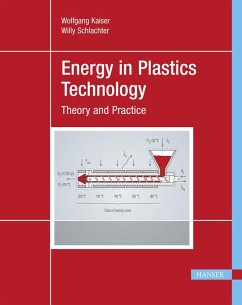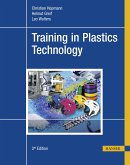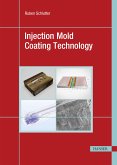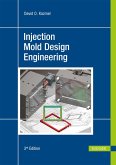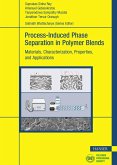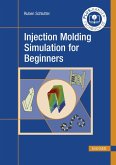"Energy in Plastics Technology" provides, unlike any other book, the necessary fundamentals for dealing with thermotechnical issues in the processing of plastics, leading to efficient, robust, reliable, economical, and environmentally friendly processes for high-quality products. The following four areas are addressed: - Methodical application of the essential fundamentals to practical problems. The focus is on the formulation of energy balances. - Special emphasis is placed on the understanding of the first and second laws of thermodynamics, with their manifold implications. - Access to key advanced technical literature, which can be highly theoretical, and forms the basis for advanced simulation methods, is provided. - Analytical approaches for modeling processes (as opposed to numerical simulation methods) are covered, so that the influence of the essential process parameters can be better recognized, and correct results in terms of order of magnitude are obtained with reasonable effort. These simplified considerations provide a valuable support for the preparation of experiments and numerical simulations and their critical evaluation. The fundamentals provided are applied - in exemplary calculation examples - to problems relevant to practice in the most important processing and forming methods. The book is aimed at engineers and students working in plastics technology as well as technicians and plastics technologists. Contents: Part 1 - Introductory Fundamentals: Introduction, Material Behavior of Plastics, Thermodynamics, Fluid Mechanics I, Heat Transfer Part 2 - Advanced Fundamentals: Steady-State Heat Conduction, Transient Heat Conduction, Thermodynamics of Air-Drying, Fluid Mechanics II, Recycling of Plastics Part 3 - Practical Examples
Dieser Download kann aus rechtlichen Gründen nur mit Rechnungsadresse in A, B, BG, CY, CZ, D, DK, EW, E, FIN, F, GR, HR, H, IRL, I, LT, L, LR, M, NL, PL, P, R, S, SLO, SK ausgeliefert werden.

